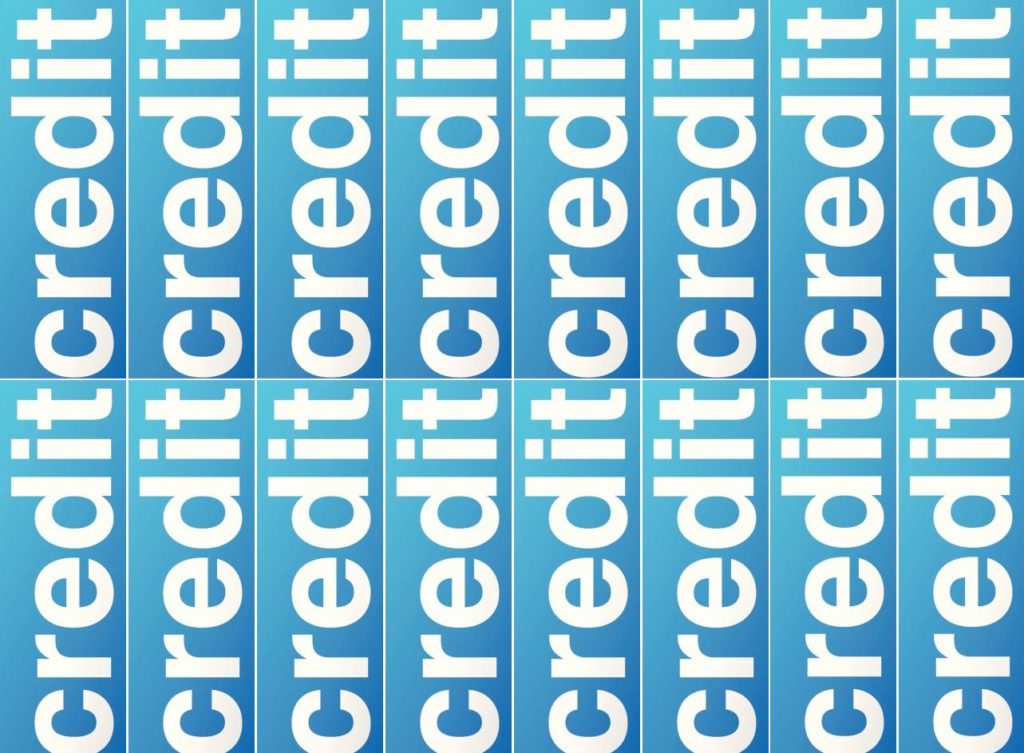Credit Basics
Credit is an arrangement you make with a company or individual to receive goods, products, or services now that you will pay later. It’s a measure of your financial reliability and can be used for small or large purchases. Loans, which are often credit-based, involve borrowed money that you have to pay back — often with interest. Credit is offered in many forms, such as:
 Revolving credit: When you get a credit card, you’re offered funds that you can continually use, up to your established limit, as you pay down the balance. Interest accrues (grows) on the money you borrow until you pay it back.
Revolving credit: When you get a credit card, you’re offered funds that you can continually use, up to your established limit, as you pay down the balance. Interest accrues (grows) on the money you borrow until you pay it back.
 Installment or term loans: As with student and automobile loans, an installment loan is one that is paid back over time with a set number of scheduled payments. You don’t get additional credit as you pay down the loan, however. And keep in mind that, regardless of whether you actually graduate from school or not, student loans must be paid back with interest.
Installment or term loans: As with student and automobile loans, an installment loan is one that is paid back over time with a set number of scheduled payments. You don’t get additional credit as you pay down the loan, however. And keep in mind that, regardless of whether you actually graduate from school or not, student loans must be paid back with interest.
 Mortgage: When you need a home loan, you take out a mortgage. The loan is secured by the property you’re purchasing (collateral).
Mortgage: When you need a home loan, you take out a mortgage. The loan is secured by the property you’re purchasing (collateral).
Credit history: Your credit history is a collection of all the pieces of financial information that relate to your life.It helps current and future creditors decide, “If I loan you money, what are the odds that you will repay it?” Your credit history includes:
- How long you’ve had your individual credit accounts
- Your account limits and balances
- Your payment history
Credit score: Your credit score is a number that summarizes your credit risk. Your credit score:
- Is based on a snapshot of your credit file at a particular point in time
- Helps lenders evaluate your credit risk
- Has an impact on whether you can get new credit and the terms, including the interest rate lenders offer you

